Description
kinkajou For Sale
The kinkajou (Potos flavus) is a small, nocturnal mammal native to Central and South America. It belongs to the family Procyonidae, which also includes raccoons and coatis. Here are some key points about kinkajous:
Physical Characteristics:
- Appearance: Kinkajous have a round face, large eyes, and a prehensile tail that is longer than their body, which aids in climbing and gripping branches. Their fur is typically soft and woolly, ranging from yellowish-brown to olive-green in color.
- Size: They are relatively small, averaging about 17 to 24 inches (43 to 61 cm) in body length, excluding the tail, which can add an additional 20 to 24 inches (51 to 61 cm).
Habitat:
- Kinkajous are primarily found in tropical and subtropical rainforests, especially in areas with dense foliage where they can easily navigate the trees.
Behavior:
- Nocturnal: These animals are most active at night, using their excellent climbing ability to forage for food among the trees.
- Social Structure: Kinkajous can be solitary or live in small family groups. They communicate through a variety of vocalizations, including whistles and growls.
Diet:
- Kinkajous are primarily frugivores, meaning they mainly eat fruit. They particularly enjoy figs and other sweet fruits, but they also consume nectar, insects, and small vertebrates when fruit is scarce.
Reproduction:
- Kinkajous reach sexual maturity at about 2 to 3 years of age. The female typically gives birth to a single offspring, although twins can occur on rare occasions. The young are born after a gestation period of about 120 to 130 days and are dependent on their mother for several months.
Conservation Status:
- While kinkajous are not currently listed as endangered, they face threats from habitat loss due to deforestation and hunting for their fur or as pets. Conservation efforts are critical to ensuring their populations remain stable.
As Pets:
- Kinkajous are sometimes kept as exotic pets, but they require specialized care and a suitable environment that mimics their natural habitat. Potential owners should research local laws and ethical considerations, as keeping wild animals can have significant impacts on their welfare and conservation.
Overall, kinkajous are unique and fascinating animals that play an important role in their ecosystems, particularly as seed dispersers.









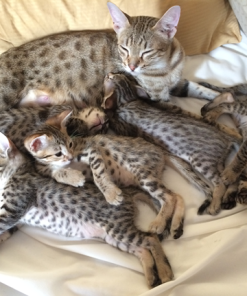
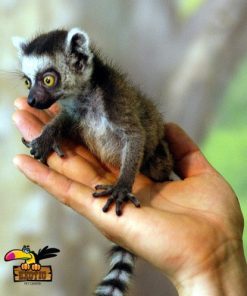
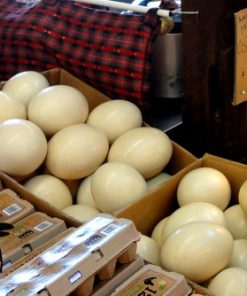
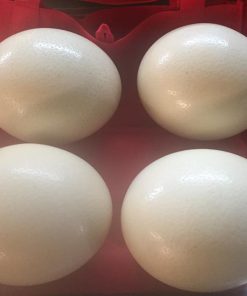
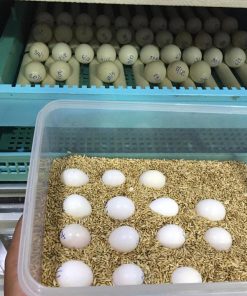
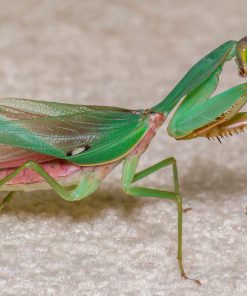
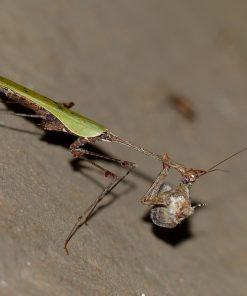
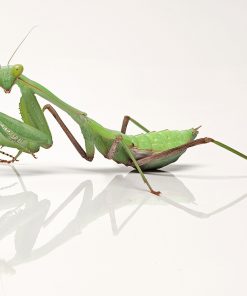
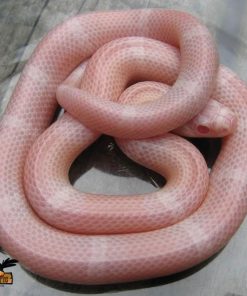
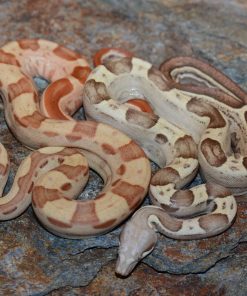
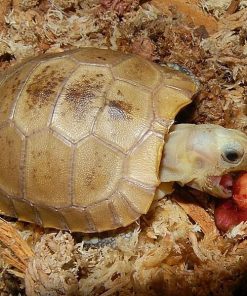
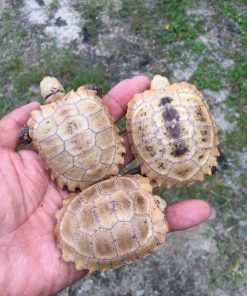
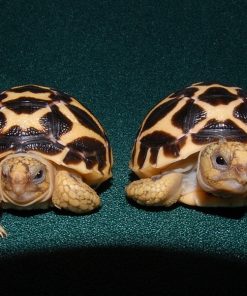
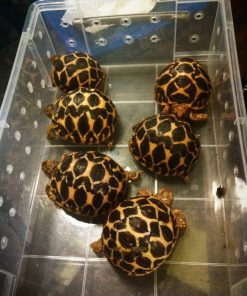
Reviews
Clear filtersThere are no reviews yet.